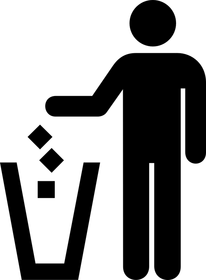 Image: Pixabay, Creative Commons CC0
Image: Pixabay, Creative Commons CC0 "I feel we have become so desensitized to our surroundings," Kirschner said. "People walk over broken glass or a coffee cup or a potato chip bag and just keep going. I've reached a point where I'm no longer OK with that."
...
On average, 100 photos are posted every day. "If 1 million people - which is a failure by social media standards - picked up one piece of trash per day, we could have a huge impact," he said.
...
To Kathleen Russell, leader of Keep Dimond Clean, an Oakland neighborhood group that picks up 12,000 pounds of litter every year, Litterati is a step in the right direction: "The key that we were missing was the young people, and Litterati does that with social media."
...
Because the Digital Landfill creates a record of how much litter a user has disposed of, Kirschner imagines that Litterati could be a tangible way for participants to track the impact they've had. It has already changed his family's purchasing habits. The Kirschners buy in bulk, avoid single-use packaging and are planning to bring reusable containers to restaurants for take-out.
...
"If I were to turn (Litterati) off, 12,000 pieces of litter aren't on the ground, and I know two little kids who will never litter as long as they live," Kirschner said. "If that's the legacy of Litterati, then I'm OK with it. But I think there's an opportunity for it to be much more than that."
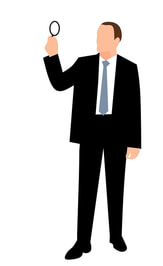

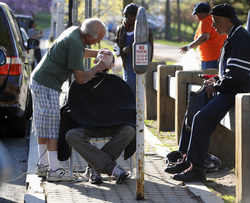

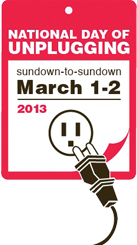
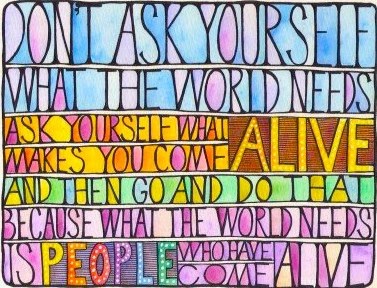

 RSS Feed
RSS Feed